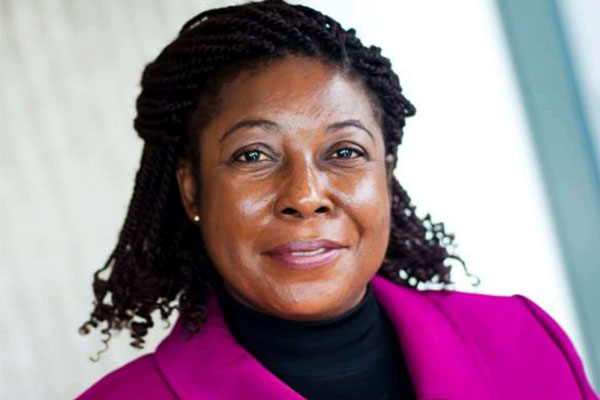
Title: Can The Whole Woman Please Stand Up! Overcoming Adversity Through Resilience Author: Cynthia Chirinda Hakutangwi Publisher: Wholeness Incorporated Publishing ISBN: 978-0-7974-8017-9
The message is that one’s liberation and success story is not hidden away from them, it does not reside with the next person, neither is it hinged on a decision made on behalf of a woman. It takes a woman to stand tall. It takes an individual to dare do things differently. It takes nerves of steel. It takes an unshakable resolve to walk out of an abusive marriage and reorganise. This is the message in Cynthia Chirinda Hakutangwi’s latest publication under Wholeness Incorporated Publishing titled, Can the Whole Woman Please Stand Up! Overcoming Adversity Through Resilience.
book review By Conelia Mabasa

It is a book one could quickly locate in the motivational genre of literature and lump it together with so many that have been published locally and internationally, with some being serialised in newspapers or being made into themes in churches. But Hakutangwi goes beyond pushing and encouraging women to ride their storms. It speaks to women that are looking past their present circumstances — women who put challenges behind them and sought to change not just their lives, but those of people around them. It is a book that does not just shape resolve, it empowers. It is empowerment literature, if there is such a genre.
The title in itself tempts the reader to look at it as a question, but it is not. If she had posed it as a question, it would give women an option to remain seated and take comfort in their circumstances, no matter how excruciating, and I believe that is not an option the writer is willing to proffer. The exclamation mark is the push to say; stand up and demonstrate that you are made of sterner stuff.
The book is structured in such a way that one has to own their copy because after every chapter, there is a section where one has to jot down notes as the journey of empowerment happens. That allows interaction with the text beyond just reading. As one goes through the book, they are called to introspect and review the journey of life. In fact, it is the journey to wholeness that is punctuated by other women’s stories, to reveal how they have achieved a state of wholeness.
Hakutangwi captures the story of the current president of the Zimbabwe National Chamber of Commerce Divine Ndhukula from humble beginnings, through the tragedy of losing her husband, at one time moving in with her sister to the deliberate stance to employ woman operatives at Securico because she wants to empower them.
To demonstrate that she is not a superwoman, the writer also chronicles her difficult upbringing and shows how she has put that behind her to work towards her dreams. Most of the chapters are probing questions to get women to evaluate and re-evaluate their lives. Hakutangwi asks the tough questions like: Can you find self-worth after rejection? Who is holding the reins to your life? What would you do with a second chance? What type of legacy do you want to leave? She is directing women to live purpose-driven lives. She says, “Are you willing to arise and respond to life’s challenges or will you continue to whine about your environment?” All this empowerment happens with the support of scriptures, which is no surprise because Hakutangwi is a pastor at a local church.
- Chamisa under fire over US$120K donation
- Mavhunga puts DeMbare into Chibuku quarterfinals
- Pension funds bet on Cabora Bassa oilfields
- Councils defy govt fire tender directive
Keep Reading
She also emphasises that opening up is the first step to confronting issues.
Save for a few redundant sentences, Can the Whole Woman Please Stand Up! is a good read, though I did not quite agree with interpretation of the conversation between the Samaritan woman and Jesus at Jacob’s well under the subheading: Overcoming the victim mentality (Chapter One). I am not quite sure by refusing to give Jesus water to drink on the pretext that he was a Jew and she was a Samaritan she disqualified herself. She gave the impression of somebody who had an upper hand and was humbled as revelations about her life and the misconceptions about prayer life were explained to her by Christ. But then, this is interpretation and we cannot all interpret scriptures the same way.











